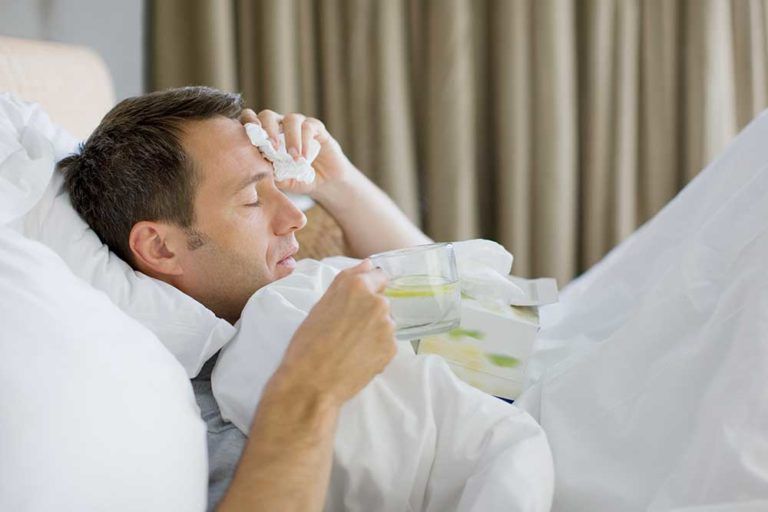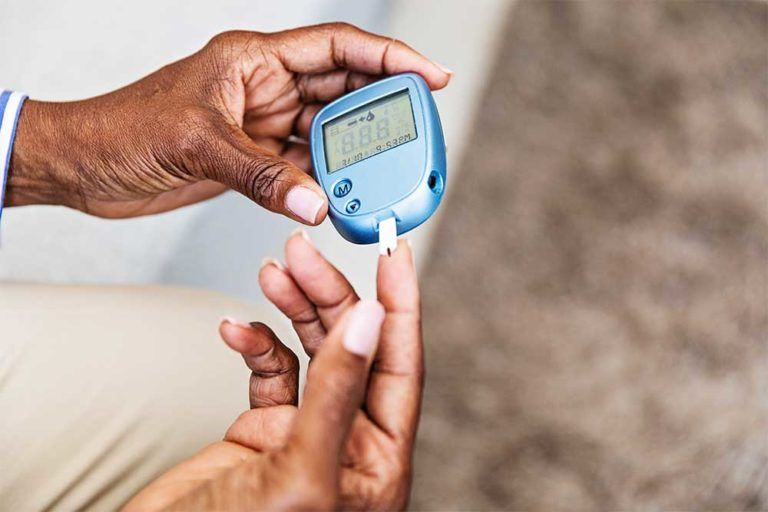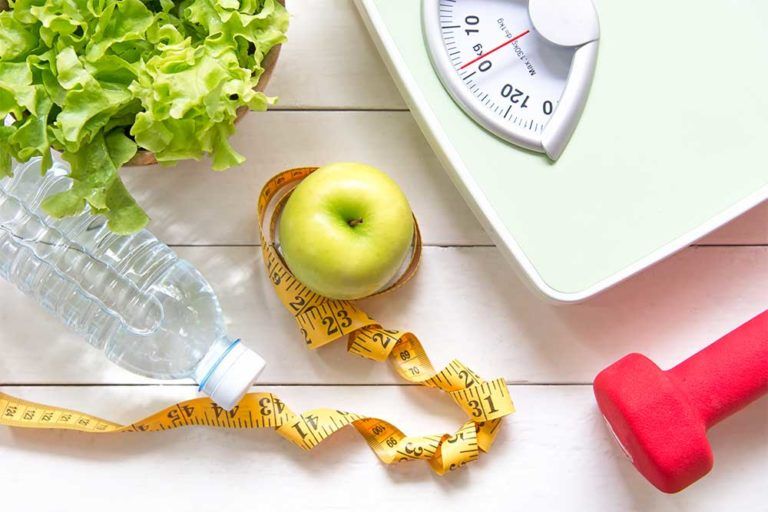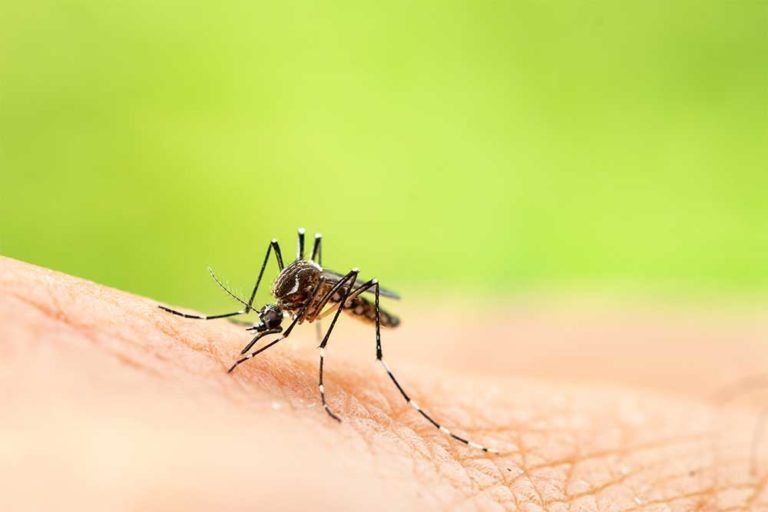Do your best to take care of the basics, such as food, exercise, and sleep.
Nobody wants to get sick. What you may not realize, however, is that it is easier than you might think to prevent yourself, or your family, from getting sick in the first place. Here are a few ways you can stay healthy all year long:
- Do what you can to stay at a healthy weight and to keep your blood pressure under control. Exercise and diet are both important to weight loss, but it’s important to realize that they each play a different role. According to Shawn Talbot — a nutritional biochemist who used to direct the Nutrition Clinic at the University of Utah — you should aim for ten calories for every pound of body weight. At the same time, work up to exercising five to seven times a week at a moderate intensity. Your workouts should eventually last about 50 minutes each. How do you reduce blood pressure without taking medications? Losing weight, exercising, eating right, cutting back on salt, and limiting alcohol are all proven ways to reduce it. Try them first.
- Drink plenty of water. The average adult is 50 to 65 percent water, but the exact percentage is determined by your gender and age. Infants are 75 to 78 percent water, although that percentage drops to 65 percent by a baby’s first birthday. Adult men average about 60 percent; adult women average about 55 percent. Lean people consist of more water than those who are overweight. By drinking water, your body will work more efficiently and you can keep mucus thin and sinuses open. Water is also important when it comes to keeping skin in good shape; not drinking enough water can cause the skin to get dry and then crack.
- Eat nutritious foods. Ten servings a day of vegetables and fruits are a good place to start, as well as whole grains and healthy fats from nuts and seeds. Limit saturated fats, and if you cook meat, cook it thoroughly. If you aren’t sure whether you are getting enough micronutrients, take a multivitamin every day and talk to your physician about any other supplements that might be a good idea, such as Vitamin D, calcium, more fiber, and omega 3 fatty acids, which you can get from fish or from nuts and seeds. Pay attention to what your children eat, especially if they are young and picky about food. Some children just don’t get enough of what they need to grow.
- Exercise regularly. If you are out of shape, talk to your doctor first and start slowly, but what you need is a regular time, five or six times a week, when you work hard enough to sweat. Try things like alternate resistance training along with going for a walk, using a treadmill, or doing something else that will get your heart rate going.
- Get plenty of sleep. Someone who is deprived of sleep will also have a less-effective immune system.
- Get rid of dust indoors. Dust causes congestion and it can also make your eyes water. How do you get rid of dust? Two easy ways are changing the filter in your furnace and cleaning out the vacuum cleaner.
- If you drink, drink moderately. If you smoke, quit. (You know it’s bad for you.)
- Keep key areas in your home clean. For example, make sure you keep the kitchen and the bathroom clean, and if sickness is going around then you also might want to wipe down the desk where you work every day with disinfectant wipes before you begin. What’s the difference between cleaning and disinfecting? Cleaning removes germs. Disinfecting kills them. Unfortunately, sometimes disinfectants kill healthy living bacteria as well as germs that make people sick, and overuse can lead to the creation of superbugs that resist antibiotics. If you decide you do need to disinfect rather than just clean, get something without antimicrobial pesticides and follow the directions meticulously.
- Keep your hands away from your face. Germs can easily enter your body from your face. If you have germs on your hands, touching your face might give those germs the entrance to your body that they need.
- Stay away from people if you know they are sick. If you plan to get together with a friend and find out your friend is sick, reschedule. If you see someone coughing or sneezing, do what you can to keep your distance. Flu can be spread a distance of up to six feet.
- Use your own pen. Banks, gyms, restaurants, and schools are all likely to have a supply of pens for you to use when you are out. The problem is that you have no idea who has touched those pens before you got there. If it was someone who was sick, then that person’s germs are on the pen and can easily be transferred to you. You eliminate the entire problem just by carrying and using your own pen instead of the one being offered to you.
- Wash your hands frequently. Use soap and water, and rub your hands together for a minimum of 20 seconds before you dry your hands off. This is a great way to get rid of bacteria and viruses. If you can’t wash your hands for some reason, use a hand sanitizer instead.
A large part of staying healthy consists of doing what you can to boost your immune system. As a system, it is complex, and the truth is that no one understands it completely. What physicians and scientists do know, however, is that you can protect and bolster your immune system through the wise choices you make every day. Do your best to take care of the basics, such as food, exercise, and sleep. Be skeptical about products that claim to boost the immune system, and avoid risky practices such as blood doping — pumping extra blood into your system in an effort to boost performance. After all, blood doping can lead to strokes.
What else can you do? See your physician regularly and get the screening tests that are appropriate for your risk category and age. Don’t be a stranger! The time to develop a good relationship with your physician is through regular checkups, not when you are dealing with a health crisis.























